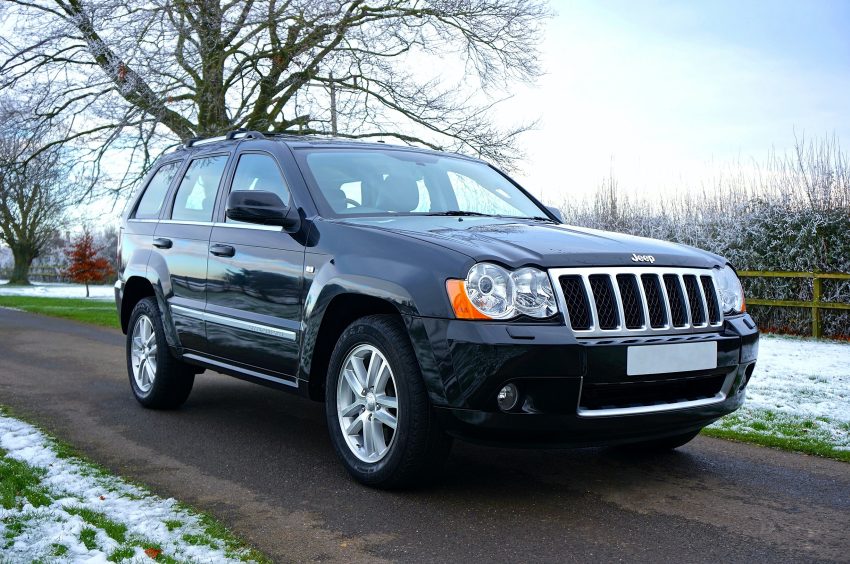Sports Utility Vehicles (SUVs) are becoming increasingly popular among car buyers, and for good reason. They offer a combination of size, versatility, and driving position that appeals to many drivers. However, with so many options available on the market, it can be overwhelming to choose the right SUV for you.
In addition to this, having an SUV can give you great advantages when it comes to moving through mountainous, muddy or muddy terrain because of its ability to move in hostile terrain unlike conventional cars. Here are some tips and recommendations to help you make a satisfying purchase.

- Consider Your Needs
Before you start shopping for an SUV, it's important to consider your driving needs. Do you need a vehicle that can accommodate a large family or transport heavy cargo? Do you frequently drive on rough terrain or in inclement weather conditions? Knowing your driving needs will help you narrow down your choices.
- Set a Budget
SUVs come in a wide range of prices, so it's important to set a budget before you start shopping. Determine how much you can afford to spend, taking into account factors such as monthly payments, fuel costs, and maintenance expenses.
- Research Models and Features
Once you have a general idea of your needs and budget, research SUV models and features that meet your criteria. Look for expert reviews, consumer ratings, and safety ratings to help you narrow down your choices. Pay attention to features such as all-wheel drive, towing capacity, and cargo space.
- Test Drive Several Models
Before making a final decision, take the time to test drive several SUV models. This will give you a sense of how the vehicle handles, how comfortable it is to drive, and how it feels on the road. Pay attention to factors such as acceleration, braking, and steering.
- Consider Long-Term Costs
When evaluating the cost of an SUV, consider long-term expenses such as fuel costs, maintenance, and repairs. Some SUVs may have higher initial costs, but lower long-term costs due to better fuel economy or lower maintenance expenses.
- Negotiate the Price
Once you've decided on a specific SUV, negotiate the price with the dealership or seller. Do your research ahead of time to ensure you're getting a fair price based on the market value of the vehicle.
Choosing an SUV can be a daunting task, but by considering your needs, setting a budget, researching models and features, test driving several models, considering long-term costs, and negotiating the price, you can make a satisfying purchase. Remember to take your time and carefully consider all your options to ensure you choose an SUV that meets your needs and budget.


